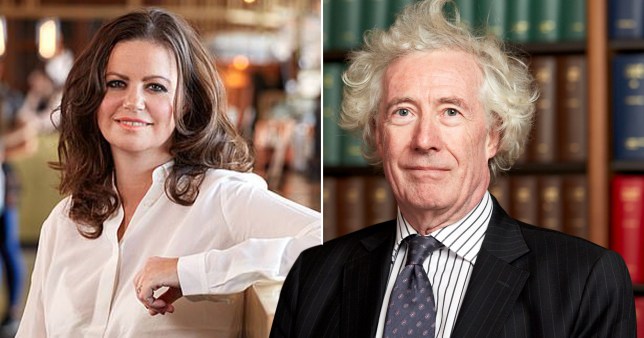Republicans and the Truth Campaign appealed to the Court to reintroduce the June deadline set by the state legislature, after which the ballots could only be received within three days of election day.
Judge Amy Coney Barrett did not participate in the decision because she did not have time to review the notes completely, the court said.
The Attorney General of North Carolina, Josh Stein, greeted the court order as a great victory.
The court supported the efforts of the state election commission to ensure that all eligible votes were counted, even during the pandemic, he said.
There were two separate tasks, a set of the Trump campaign and other Republicans, and a set of Republican legislators in North Carolina.
Tuesday’s orders did not provide for a vote count. In both cases Judge Samuel Alito, Neil Gorsuch and Clarence Thomas disagreed. It would take five judges to comply with the Republican request.
Election expert Rick Heissen said there were some reasons why Chief Justice John Roberts or Judge Brett Cavanaugh did not side with their conservative colleagues. He noted that the case was complicated by procedural issues relating to other recent problems concerning the right to vote for judges. There may also be a tendency not to change the rules too quickly for an election.
Many voters had already set deadlines for their election plans, Hassen said.
Earlier this month, in a judicial settlement, the Federal Court of Appeal granted a nine-day extension of the period granted by the State Election Council in the context of the pandemic.
Fault! The file name is not specified.
This expansion simply makes it easier for more people to vote in absentia in the midst of a global pandemic that has killed more than 200,000 Americans, according to the Court of Appeal.
The Republicans claimed that the Council of State was attempting to rewrite the electoral law by legal action against the Council of States and abusing the authority of the General Assembly, which only approved a three-day extension in June. In the court proceedings, Republican lawyers noted that the commission’s decision violated the equal protection rights of voters and already led to confusion and chaos among voters.
Gorsuch, who wrote for himself and Alito, sided with the Republicans and stressed that only the state legislator, not the non-electoral council, had the right to lay down the election rules.
Everyone agrees, Gorsuch writes, that the Constitution of North Carolina explicitly delegates all legislative powers to the General Assembly, not to the Board of Directors or anyone else.
Lawyers for the Democratic Council claimed that the State Electoral Council had the legal authority to adapt the election rules to the urgent circumstances. The Council extended the deadline, they said, to protect legitimate voters in North Carolina from deportation because of delays in the delivery of mail that the state had clearly been warned by the post office.
They confirmed that the extension does not change the fact that the ballot papers have to be marked until election day.
This story is complemented by more detailed information, analysis and feedback.
Related Tags:





